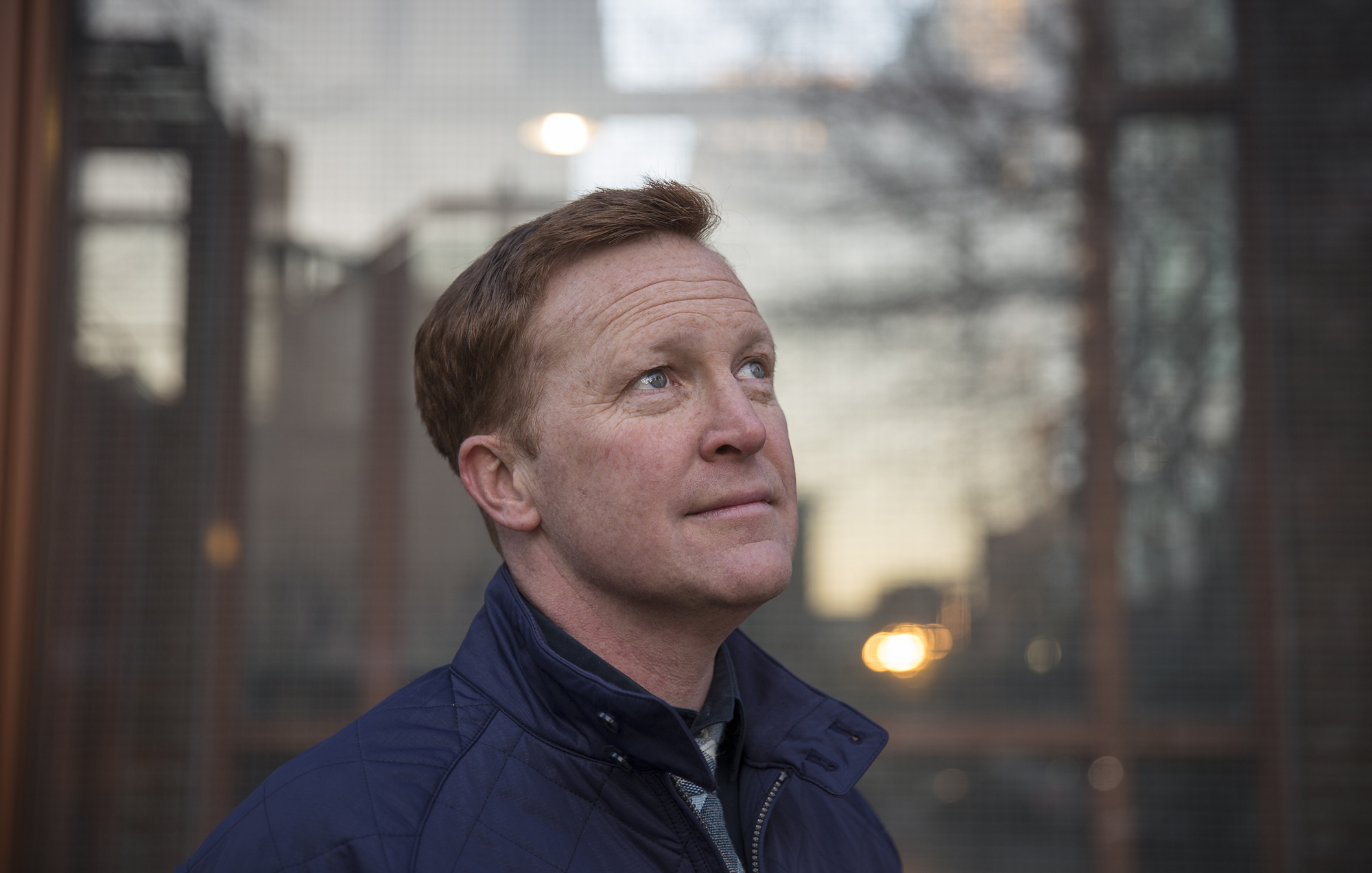More than a year after British Columbia ordered all its school boards to explicitly include protections for LGBT students in their anti-bullying policies, the real work to change classroom culture is gaining momentum.
And it’s been getting a boost from a local private foundation.
Dedicated to supporting more genuinely inclusive, queer-friendly schools, the ARC Foundation partnered with the provincial government, the BC Teachers’ Federation and other educators in 2015 to help develop, fund and launch a pilot program.
The project’s aim: to show local educators how to make their classrooms more welcoming to queer and trans students — and to give them the tools to teach their colleagues how to do the same.
District by district, SOGI 123 has been growing. What started as a pilot project in nine districts a year ago has now spread to 51 of BC’s 60 public school districts where participants have voluntarily signed on, making an umbrella system of queer-friendly contacts and educators across the province.
“We honestly thought we’d go from nine [districts] to maybe 18,” says Brad Beattie, the executive director of the ARC Foundation. “It speaks to the educator community wanting to be informed about this work, which was really exciting.”
“A lot of these educators in the schools were interested, or may have been doing this type of work,” Beattie notes, “but what this did was create a common language and a common community.”
The sexual orientation and gender identity (SOGI) initiative takes a three-pronged approach, tackling school policies and environments, and classroom curriculum, to make schools safer and more inclusive from the ground up.
“We knew that superintendents were looking for somewhere to come and gather information around some best practices around policies,” Beattie says, “and so we even have links to other school districts, showing some of their policies.”
“It’s been a generational change in terms of [school] boards coming on side to realize that they need policy, and that LGBTQ+ students need supports and protections above and beyond the average student,” James Chamberlain tells Xtra.
Chamberlain has been at the forefront of the struggle for queer-friendly schools for two decades. When the Surrey school board refused to let him use queer-friendly children’s books in his kindergarten classroom in 1997, Chamberlain pushed back and took the case all the way to the Supreme Court of Canada.
The court sided with Chamberlain, and in 2002 ordered Surrey to rethink. Though the school board initially tried to sidestep the ruling, it eventually relented, and even introduced anti-homophobia policy a few years ago.
“That whole process has taken about 14 years, to get from the first policy to the point we are now,” Chamberlain says.
“A whole generation of students have actually gone through the school system,” he points out. “If they were in kindergarten 12 years ago, they would have already graduated.”
Though the BC Liberals were slow to push for anti-homophobia policy in their 16 years in power, they signed onto SOGI 123, and that support has carried over to the new provincial government.
“We’re really pleased with the success of SOGI 123 and how it’s been received and utilized by all our educational partners,” Rob Fleming, BC’s NDP minister of education, tells Xtra.
Part of that means working with teachers to update course material. The ARC Foundation doesn’t have a say in setting the curriculum itself, but through the SOGI network, teachers can learn how to make their lessons more inclusive.
Beattie says a key component of the network is providing ready-to-use lesson plans that teachers can use, that are queer-friendly, age appropriate for the various grades, and consistent with the curriculum that’s already in place.
“Educators can upload or download lesson plans. ‘What is Family?’ has been downloaded 948 times,” Beattie says.
Of course no one knows or can quantify if or how those lessons are being used, but their availability and circulation mean that educators are seeing alternatives to more traditionally heterosexual teaching scenarios.
For example, if a social studies teacher needs to use a hypothetical scenario in class, why not mention a family that includes two dads? Or if a math teacher has a problem that involves trains travelling at different velocities, why not make the conductors trans?
This is the kind of deeper, positive cultural change that SOGI 123 is striving to create, on top of the province’s now mandatory anti-homophobia policies.
“Our goal was to make SOGI tools and resources easy to access and easy to share,” Beattie says.
If 85 percent of public school boards signed up is any indication, the new tools are being largely embraced throughout the province, despite some resistance.
Chilliwack made waves when school trustee Barry Neufeld came out against inclusive school policies and SOGI-supportive course material last fall. Langley has similarly seen some pushback from conservative groups like Culture Guard, that see the measures as an attack on traditional values. Still the districts (and many parents therein) have stood their ground and forged ahead with their SOGI initiatives.
“One person with extremely offensive and backward ideas can generate a lot of headlines, but they really represent an incredibly small percentage of people in the education system,” Fleming says.
“I think they’ve been roundly — and quite rightly — condemned by their closest colleagues, and very broadly by the different partners in the education sector, for being real outliers with views that are abhorrent and are offensive,” he continues.
Fleming, who recently called for Neufeld’s resignation, tells Xtra that the education ministry is planning consultations to strengthen its commitments to the protection of queer and trans students, and says more specific policy requirements could be part of the next phase. No timeline or specific goals have been set.
Beattie says the ministry has also committed additional funds for a provincial SOGI lead to support the network; they’ve hired the original pilot lead for the job.
The SOGI 123 model is now being introduced in Alberta as well, where a similar pilot project was implemented in September 2017.
“This work with SOGI 123 has been successful because of the incredible collaboration of education partners throughout the entire system,” Beattie says.


 Why you can trust Xtra
Why you can trust Xtra


